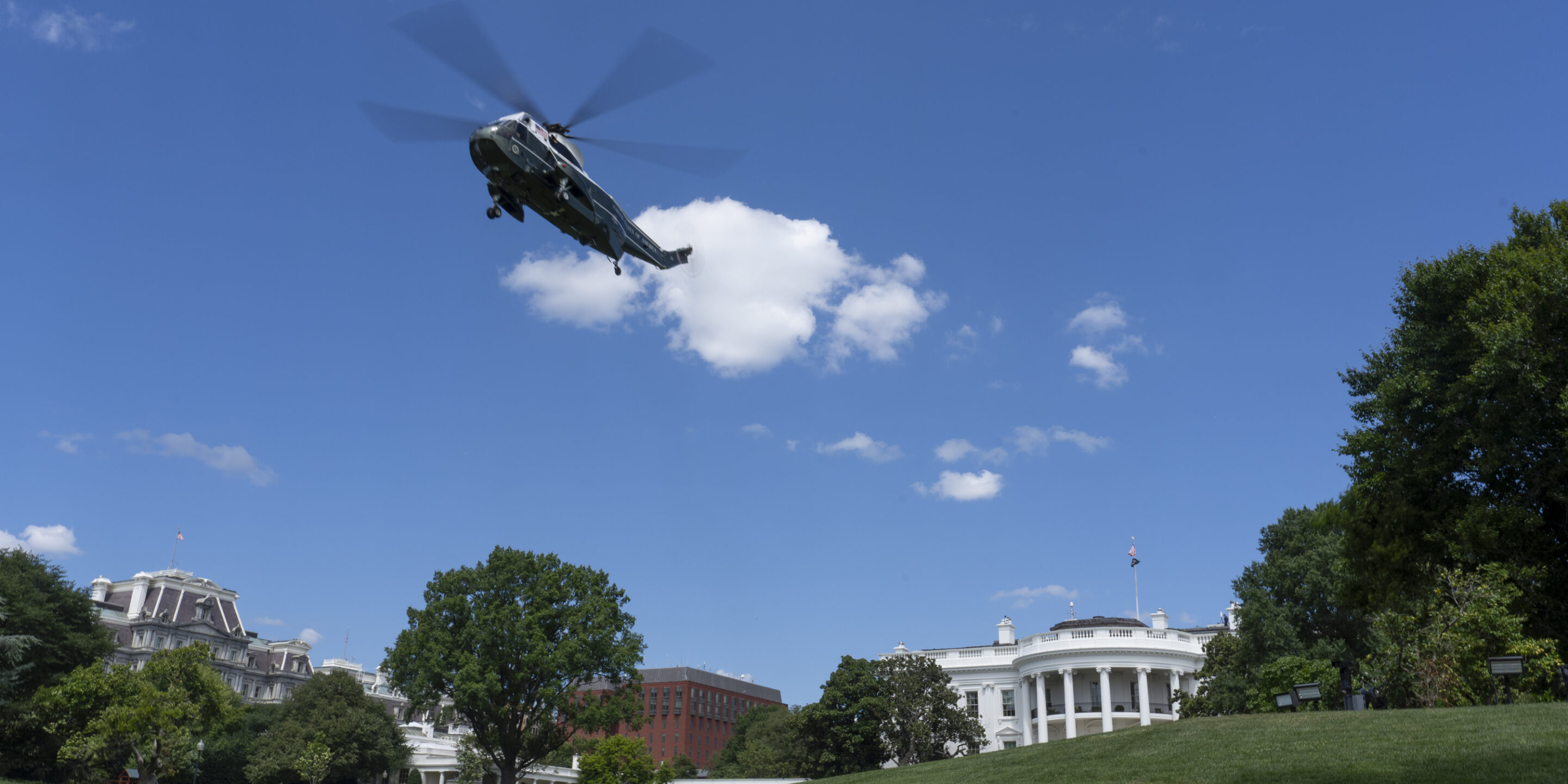There is no doubt U.S. economic sanctions can be a powerful tool. Countries on the receiving end of these penalties can see their exports curtailed, access to lending restricted, and reserves in foreign banks blocked.
Economic pain, however, isn’t the objective. Sanctions are meant to convince a target to change its conduct. The prevailing assumption in U.S. policy circles is that the greater the economic pain, the more likely a target will eventually succumb to U.S. demands.
History, though, demonstrates sanctions rarely result in the policy concessions the U.S. is seeking, most of which are maximalist.
North Korea is still a nuclear weapons state. Iran is still enriching uranium with advanced centrifuges. Venezuela’s Nicolas Maduro is still in power. And Russia just invaded Ukraine.
Sanctions, in other words, aren’t a panacea. They work best when tied to realistic policy objectives, attached to a multilateral framework, and when the target is confident that behavior change will result in economic relief. Otherwise, they are merely an exercise in virtue signaling.
Read article in Los Angeles Times
Author

Daniel
DePetris
Fellow
More on Asia

In the mediaTaiwan, Air power, Asia, Balance of power, China, Global posture, Land power, Naval power
Featuring Jennifer Kavanagh
March 10, 2025

In the mediaTaiwan, Air power, Asia, Balance of power, China, Global posture, Land power, Naval power
Featuring Jennifer Kavanagh
February 26, 2025

By Jennifer Kavanagh and Stephen Wertheim
February 25, 2025



